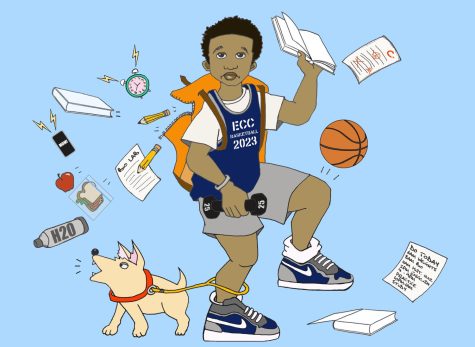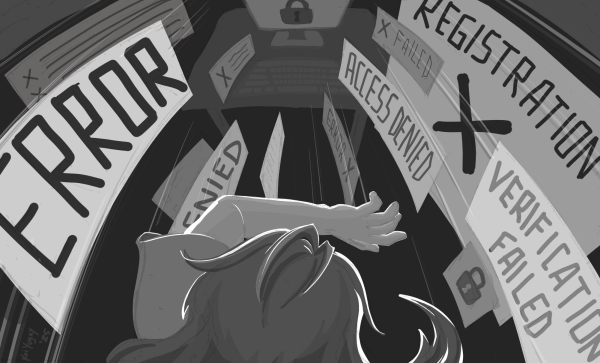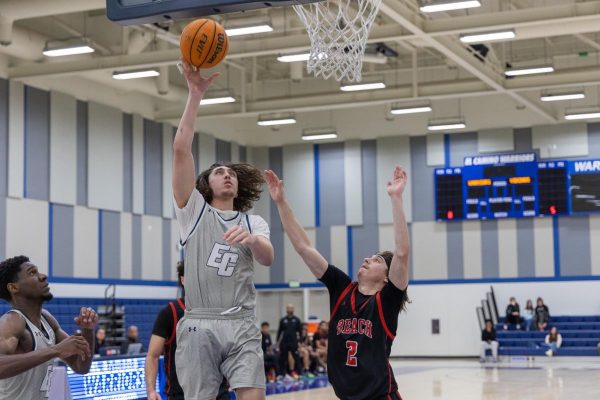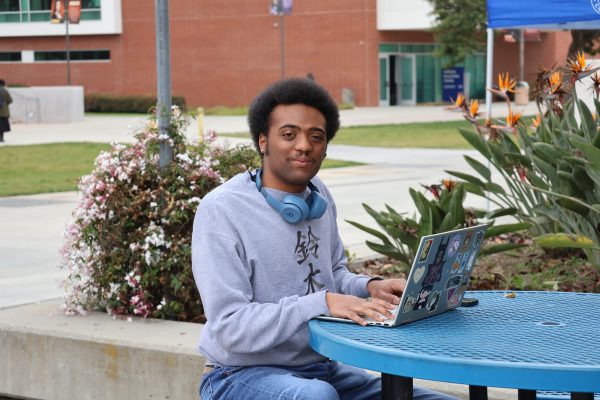Planning ahead saved my semester as a student athlete

In order for a community college student-athlete to be eligible to compete they need to be a full-time student, meaning they need to take 12 units while in season and that is challenging throughout the semester.
Depending on the sport, an athlete may practice over 5 times a week, with multiple games included.
If an upcoming student-athlete is not aware of this, stress may be something that accompanies them through their time in college.
According to California Polytechnic State University Humboldt’s learning center, a full-time student spends on average two hours a week per unit taken.
I believe that spreading classes through different semesters and staying for a third year to complete all academic goals could help student-athletes to be more focused on their team and their semester.
As a student-athlete myself, I also work about 30 hours per week, which does not leave me with much time left to put toward my studies.
I ended up learning that the hard way.
My first two of years at El Camino were entirely online due to the COVID-19 pandemic, causing my freshman water polo season to be canceled.
That agitated things for me.
As I finished my first two semesters with a 3.8 GPA, I would be able to take two more semesters and be done with El Camino and then transfer to a 4-year university.
The following semester showed me otherwise.
Besides signing up for the water polo class and morning conditioning class that included two extra swimming practices and two weight-room workouts per week, I also added three more academic courses.
Among those courses were Journalism 9 — the Warrior Life magazine class, German I, which was my first time learning the language and an honors political science class, totaling 13 hours of academic work.
I was dedicating approximately four hours a day to my athletic courses, with around eight hours on the weekends due to day-long tournaments that we competed in.
According to the California Community College Athletic Association, over 27,000 student-athletes participate in competitions annually.
With all of that on top of 30 hours of work, I was overwhelmed.
Having barely concluded that semester, earning some stress along the way, it made me think more strategically about my course load in conjunction with my final semester.
With four units being covered by the water polo class, my other eight units were split between two classes, German 2 and cultural geography.
Reflecting now on my two seasons, I am able to see the difference between them.
I scored 30 more goals and assisted 10 more times compared to the previous season and also earned Second-Team All-Conference honors.
Some of that was due to the natural experience I had gained as a returning player, but I believe the stress reduction from my new academic course load also helped.
I am not suggesting students leave academics aside to have a better semester because that won’t help in the long term.
Planning out the classes before committing to a sport should be a priority.
Planning ahead of time helps students both mentally and physically by relieving stress on the performance capabilities of student-athletes.
Planning my schedule helped tremendously.








